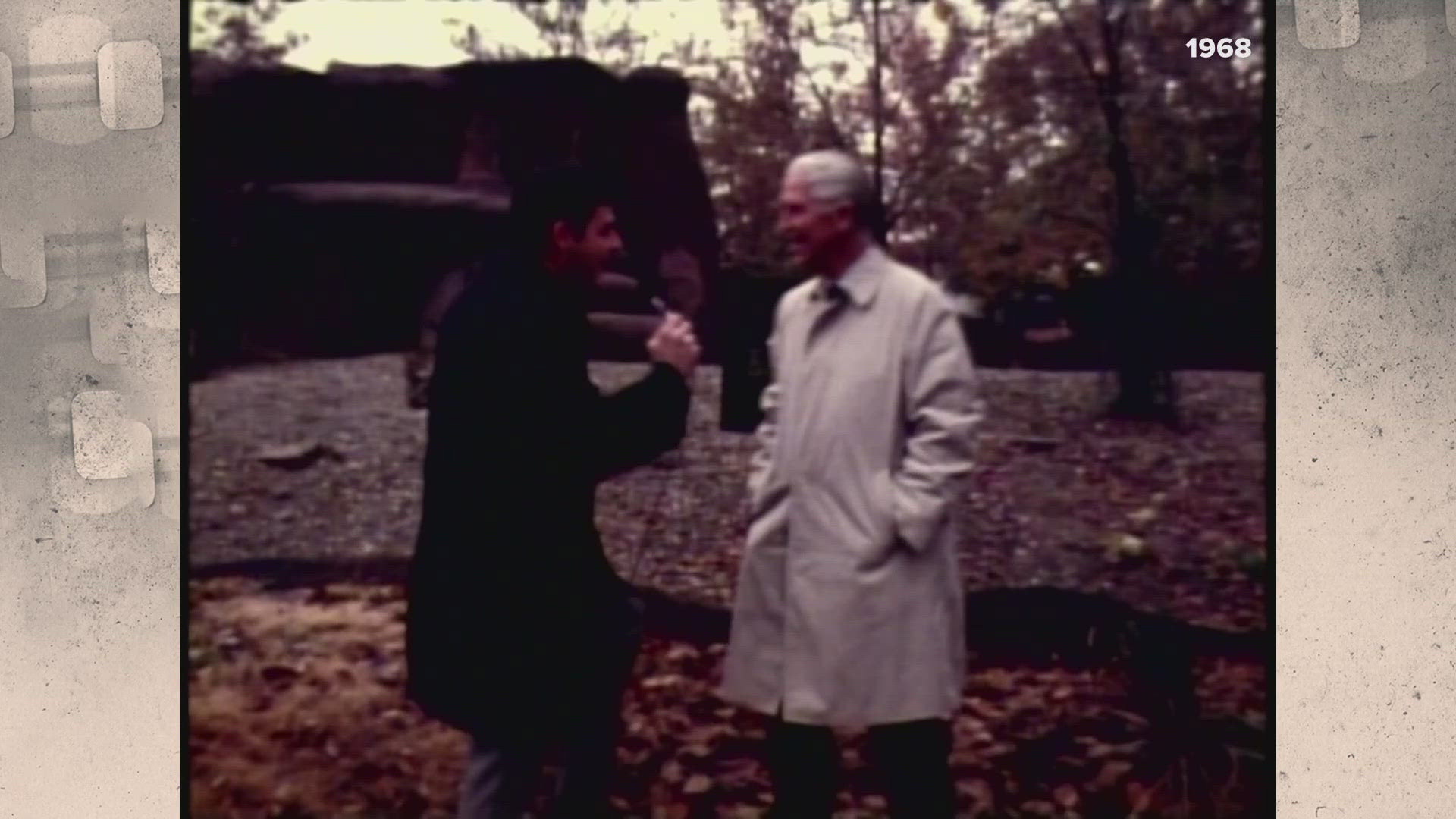One is a former Secret Service agent while the other is a 7th grader who has a black belt in Kung Fu. What Ron Green and Reuben Paul have in common is figuring out ways to make the internet safer for all of us who depend on it.
Recently, 12-year-old Reuben Paul of Austin, Texas, came to St. Louis as the keynote speaker for STLCybercon, an internet security conference at the University of Missouri-St. Louis. Paul is a hacker but not in the negative connotation. He’s a white hat, a good hacker who uncovers security gaps that leave us vulnerable.
“I once asked my mama ‘what’s the difference between a good hacker and a bad hacker?’ Paul told the audience, “and she said ‘a good hacker always listens to his mama, and a bad hacker doesn’t.'”
Paul’s specialty is household items connected to the internet. For instance, one advantage of having a smart home is the convenience it adds to daily life, like programming security, lighting, heating and air conditioning. The downside?
“This connectivity comes with a cost,” Paul said. “The cost of not having enough controls in them to protect us.”
One disadvantage of smart systems is they can be vulnerable to hacking, an unintended consequence of the internet that affects people all over the world in a variety of ways. Cybercriminals use the internet against us to steal money from banks, trick us to steal our data, spy on us and infect our systems with malicious software. Cybersecurity is the ultimate game of high stakes Whack-a-mole. While we deal with one internet threat, two more pop up in its place.
“I became a Secret Service agent and I was one of the first agents to work on electronic crimes,” said Ron Green, chief security officer of Mastercard in O'Fallon, Missouri.
Among Green’s duties are overseeing the Fusion Center, a large room where Mastercard employees monitor cyber threats from all over the world.
“Anything that might be of interest to us that might affect the cardholders, or to think about things we can do to make ourselves an even harder target in the future. A lot of that stuff happens right here,” said Green.
Green said there are national security implications when it comes to cybersecurity. Financial institutions, hospitals, and energy plants are all internet-dependent, making them an inviting target for hackers.
“So making sure that the power grids are protected, making sure that financial infrastructure is sound. Making sure the energy that we all depend on the lights, medical equipment in hospitals, that's all important to make sure that stuff works,” said Green.
Can the internet be saved from cybercriminals?
“I don't know if it needs saving,” said Green. “I think of it like it’s just like a city, right? There's all kinds of good things that happen and there are also bad things that happen.”
Paul sees it this way.
“I believe that hackers will always find a way to exploit it but we can get very close to trying to save it by putting the right security controls in, making the internet as safe as possible.”



